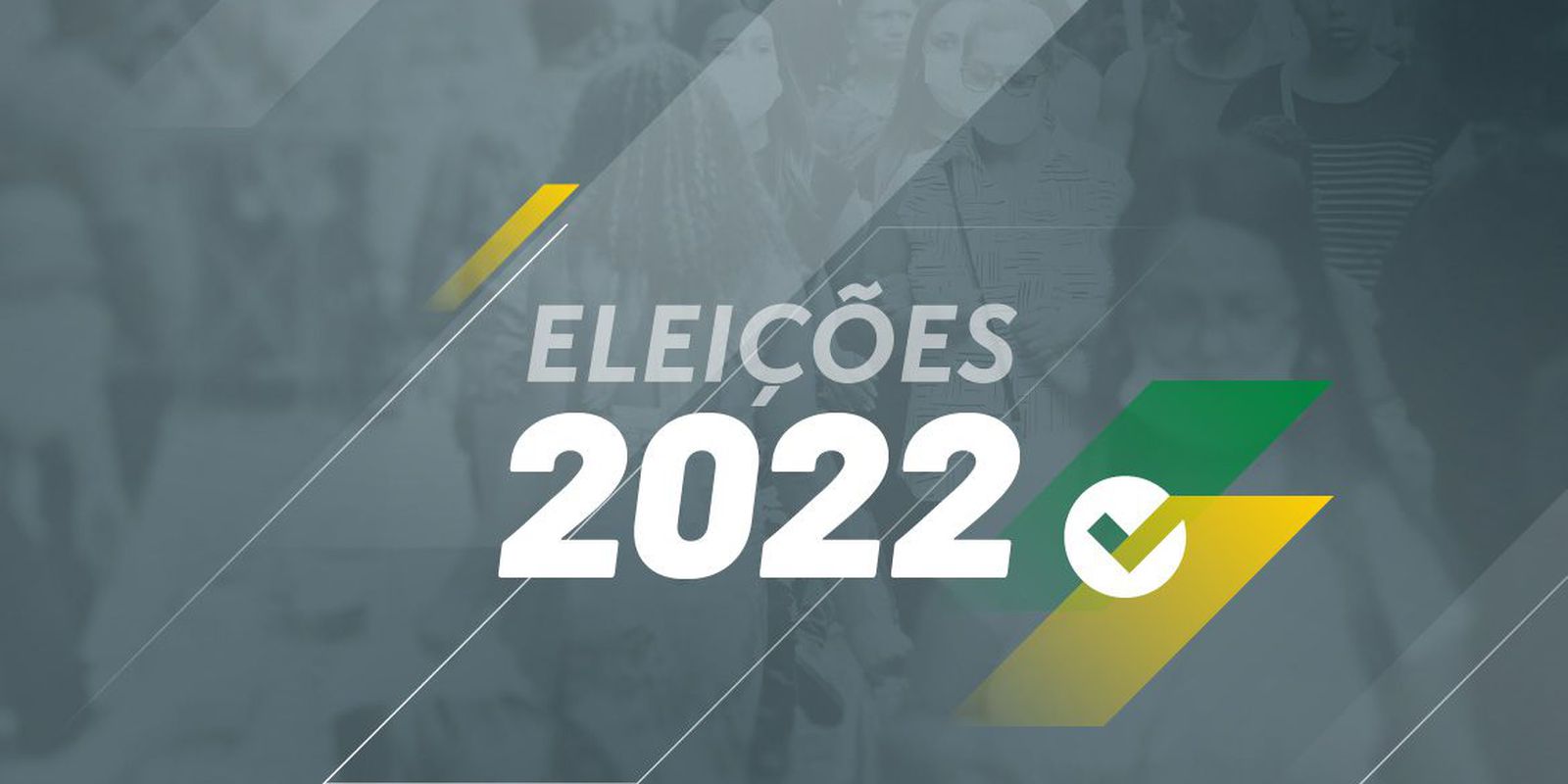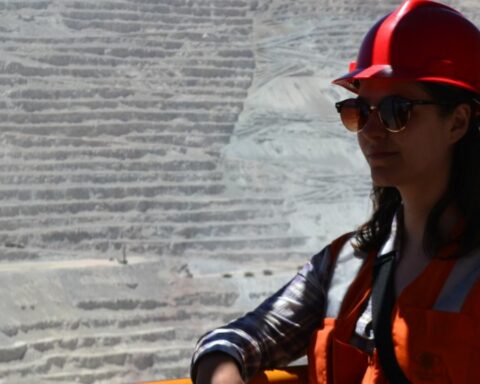Last Friday, at the headquarters of the National Congress in Santiago, the meetings for the constitutional agreement were resumed, in an appointment that was marked by the proposal signed by the parties of Chile Vamos (RN, UDI and Evópoli) and which seeks to specify the “edges” that the process towards a new Magna Carta will have. It is a series of conditions that the opposition put on the table to start the drafting of a new Constitution, with which it seeks to leave out of the itinerary the extremes and the refoundational logic that – in its opinion – made the previous process fail.
This opposition agreement emphasizes social urgencies, the delimitation of principles, the creation of a mechanism that “ensures stability” and a technical-political committee (leaving behind the notion of a “committee of experts”), to shape the constitutional process and facilitate the task of drafting a new text. In this regard, the deputy Catalina Pérez (RD) pointed out that “indeed, the constitutional process is going to have borders (…). Now, the discussion is whether through these borders they want to pass a cat for a hare and end up defining in the negotiation the contents of the new Constitution”.
This is an apprehension that exists among the parties that were for the Approval in the last exit plebiscite – most of them members of the government coalitions – and that marks the talks, which will have a new instance today, Monday, where They will seek to advance towards the drafting of their own agreement, heeding the call of the right, a sector that feels empowered after the triumph of the Rejection.
In fact, this discussion highlights the existence of the “two souls” that coexist in the ruling party: on the one hand, a Democratic Socialism willing to give in on some matters in an effort to move towards a transversal agreement similar to that of November 15, 2019 and, on the other hand, Approve Dignity, aware of the political defeat of the failed Convention, but critical that the demands of Chile Vamos have the support of some government parties, ratifying that they are not willing to include too many borders or limits in relation to the contents of the new Fundamental Charter.
In this regard, the general secretary of the Socialist Party (PS), Camilo Escalona, said that “legally, a blank sheet of paper tends to be confused in political language with an expression that is different, which is delivering a blank check, when conditions are placed on any body or group of people, so there is concern that a blank check will lead to another failure, that is why this theory of borders or guiding principles has emerged, which is justified, but it must not undermine the essence of a democratic process, which is the sense of participation and freedom that those who are elected to write that constitutional text have (…) But the truth is that there are still principles and That is why I believe that we should not dedicate ourselves to drafting the new Constitution now, because, if these principles begin to be extended, they could be very dangerous, in the sense that they restrict the task of the Convention itself tomorrow”.
Regarding the content of this possible official agreement, the senator and president of the Democratic Revolution (DR), Juan Ignacio Latorre, advanced that “to put in this political agreement elements that are of substantive content for the drafting of the new Constitution, we believe that this is a subsequent debate that is legitimate and that has to be democratic in the face of citizenship.” In this regard, the parliamentarian stressed that the ideas proposed by the right, such as the defense of the AFPs and the privatization of water, must be part “of their campaign to elect conventionals, but not necessarily tie them to a prior political agreement”.
A similar opinion is held by the president of the Social Green Regionalist Federation (FRVS), Flavia Torrealba, who believes that it is “illegitimate” for political parties to define the borders prior to the start of the constituent process, because –according to the helmsman– that implies limiting a discussion that should be given with breadth and height of sight. In this sense, she maintains that, more than borders, certain minimum contents must be established, and that the natural space of that definition must be the National Congress.
The edges and a pending definition on the right
Although the proposal presented last Friday was signed by the three parties that make up Chile Vamos, sources that participated in the meeting in the former Congress maintain that there is a greater alignment of positions between UDI and Evópoli, while RN is still defining some matters, which are part of a conversation that is still open with the bases of their militancy.
Precisely, the deputy and general secretary of the RN, Diego Schalper, admitted that “when one affirms a position, it is because he came to the conviction of something. I believe that today we are in a phase that is earlier than that: we are arriving at information to define the mechanism, and I think it is the most normal thing in the world, three weeks before the exit plebiscite. Some would like this to be a little faster, but that was precisely what made us end up being one of the few countries whose constitutional process ends in a Rejection”.
Meanwhile, the senator and president of said community, Francisco Chahuán, pointed out that in Chile Vamos there is agreement on the appointment of a political technical committee (possibly elected in Parliament), which can advance in the modification of two articles of the current Constitution: 135, establishing guiding principles of the new Fundamental Charter; and 152, which enables the new process. The parliamentarian believes that this political technical committee is the ideal body to propose an itinerary.
In that sense, and in relation to the criticism by some spokespersons of Approvebo Dignidad who denounce that the right seeks to guide the content of the new Constitution, in the opposition coalition they assure that in the ruling party there is a confusion between principles and contents, which that must be clarified in the next instances of dialogue. In the opposition they maintain that the document published this Friday contains agreed proposals, some of them non-negotiable, regarding the previous constitutional experience.
Regarding this discussion, the senator and helmsman of the UDI, Javier Macaya – who was threatened this Sunday in a pressure led by the so-called “Patriot Team” – said that “what we are doing is precisely to try to avoid a refoundational exercise like the one generated in the previous process.From this perspective, even the blank pages have defined edges with certain principles, such as Chile being a single nation, in basic matters such as the exclusive initiative of the President of public spending, the separation of the powers of the State, and others that are quite reasonable borders and that, in addition, provide a certainty that the country continues to function”.
The “tightening” suffered by Senator Macaya this Sunday – in access to Channel 13– is a sign of the discontent of some conservative and “hard” right-wing sectors, which do not agree with the way in which the presidents of the Chile Vamos parties have led the discussion. In this regard, the senator of the Republican Party, Rojo Edwards, questioned that “the borders that they deliver, although many of them seem reasonable, have a big problem and that is that every modern right-wing in the world considers as a guiding principle of the State’s action the principle of subsidiarity. Without subsidiarity, freedom remains in question. And I call Chile. We are not going to give in on things as important as the defense of freedom, otherwise, they will no longer be a modern right as understood in all parts of the world”.
It is, then, an open discussion, where Democratic Socialism seeks to convince the official forces to respond to the agreement signed by the right, while I Approve Dignity critically observes that Chile Vamos seeks to take advantage of its position of empowerment –after the triumph of Rejection– to impose an ideological agenda and trace, from there, the contents of a new Constitution. This week, both government coalitions will continue the talks, in the framework of which the idea of a political technical committee elected by Congress could be one of the obstacles that further slow down the discussion towards a transversal agreement, understanding that -according to what was established by the Service Electoral (Servel) – Elections cannot be held before April 2023 to elect the new drafting body.








